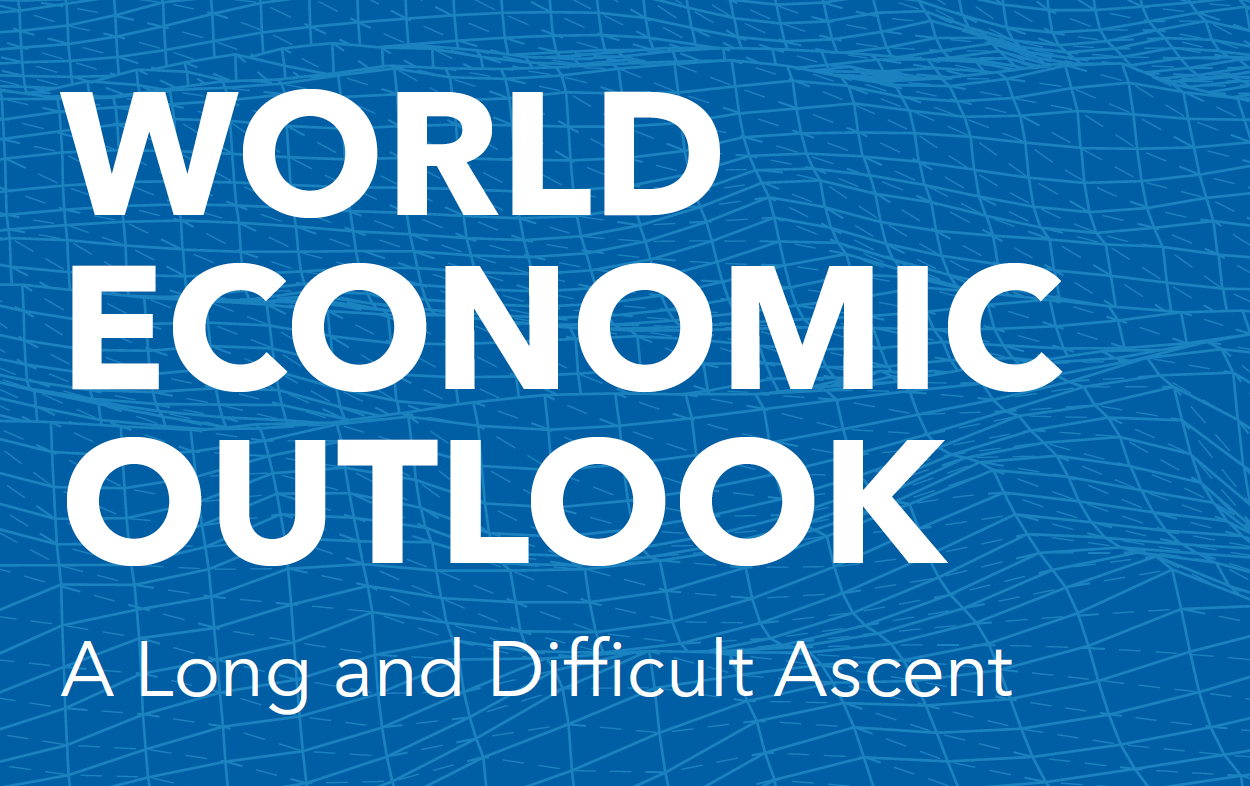
My Opinion | Jan 28,2023
Feb 19 , 2022
By Nurul Izzah Anwar
The 2019 Oscar-winning film "Parasite" attracted a global audience for its arresting portrayal of South Korea’s stark income inequality. The movie’s rendering of a low-income household’s acute sense of alienation resonated widely, no doubt because similar sentiments are palpable in many other countries. And the gap between the haves and have-nots is growing, thanks to the dual challenges of COVID-19 and climate change.
The poor suffer the most in times of crisis because they lack the social capital that protects those who are better off. To paraphrase Martin Luther King, Jr., the arc of inequality bends toward more inequality. That makes it imperative for policymakers to address the widening divide between rich and poor and craft adequate safety nets for those most in need.
The Multidimensional Poverty Index (MPI), which tracks non-income measures of deprivation like education, health, and living standards, is an essential tool in mapping the scope of the problem. My country, Malaysia, joined the global network of countries that use the MPI in 2013, after years of using outdated methods to measure poverty. In 2019, a scathing critique by then-UN Special Rapporteur on Extreme Poverty and Human Rights Philip Alston finally led the government to revise its definition.
The MPI continues to play a role in Malaysia’s response to income inequality. In April 2021, Fatimah Kari, an economics professor specialising in poverty at the University of Malaya, led an MPI survey among the bottom 40pc of income earners in my constituency of Permatang Pauh in Penang. The goal of the survey was to reflect the impact of the pandemic on impoverished households.
Along with the usual measurements, the survey assessed income loss due to the pandemic, relative access to online education for children, and overall well-being in relation to home confinement during lockdowns. The pilot project aimed to test a “COVID-adjusted” blueprint to measure poverty that could be adopted by Malaysia’s federal government for use at the national level.
Six months later, Mustapa Mohamed, a minister in the Prime Minister’s Department for Economic Affairs, announced the government’s intention to revamp the national MPI methodology in response to the study. The new methodology would complement the design of more robust safety net programs – news that was welcomed by legislators who have been urging the government to use the MPI to understand and meet the needs of lower-income households.
The change also was timely: in addition to the economic difficulties brought about by the pandemic, the country has been devastated by heavy rains. Officials repeatedly referred to the recent floods as a once-in-a-century phenomenon, but the last major flood happened only eight years ago, displacing almost 300,000 people. The latest disaster affected an estimated 80,000 people across nine states.
In the immediate aftermath, NGOs and community groups stepped in to organize aid distribution. Ordinary Malaysian men and women risked their lives to rescue victims stranded in flood-stricken areas. These efforts contrasted sharply with the government’s relative unpreparedness.
The current administration has turned to quick-fix schemes to stave off the economic impact of the pandemic, with profound consequences for the entire budget. One program allows citizens to withdraw funds early from their retirement savings. It has been reported that a total of 101 billion Malaysian Ringgit (24.1 billion dollars) has been withdrawn from Malaysia’s Employees Provident Fund (EPF). Over six million members now have less than 10,000 Malaysian Ringgit in their EPF accounts, and more than half of these have less than 1,000 Malaysian Ringgit.
In fact, some 22pc of the government’s total pandemic economic stimulus consisted of withdrawals by Malaysians from their own retirement funds. But with more than 15pc of Malaysia’s population expected to be 60 years or above by 2030, the scheme is a formula for disaster. Its loudest proponents include the disgraced former prime minister, Najib Razak, whose conviction for corruption last year has not deterred him from brazen Facebook posts that encourage cash-strapped retirees to deplete their savings further.
As Malaysia tries to recover from the pandemic and the floods, it has a chance to adopt effective policies to improve living standards in vulnerable communities. The development of a realistic MPI is a necessary first step, because it would enable the government to comprehend in detail the main challenges – from lack of sanitation and access to clean water to internet coverage for online education – confronting the poorest Malaysians.
Well-designed MPI studies can bring these important facets of people’s lives to policymakers’ attention, in addition to measuring the overall gap between the richest and poorest. Equipped with this knowledge, governments, including Malaysia’s, can begin to mitigate the social tensions so brilliantly rendered in "Parasite."
PUBLISHED ON
Feb 19,2022 [ VOL
22 , NO
1138]


My Opinion | Jan 28,2023

Commentaries | Dec 10,2018

Commentaries | Mar 23,2024

My Opinion | Jun 10,2023

Viewpoints | May 03,2025

Commentaries | Dec 07,2024

Radar | Dec 14,2019

Covid-19 | Oct 13,2020

Covid-19 | Aug 08,2020

Commentaries | May 25,2024

Photo Gallery | 176984 Views | May 06,2019

Photo Gallery | 167200 Views | Apr 26,2019

Photo Gallery | 157784 Views | Oct 06,2021

My Opinion | 136945 Views | Aug 14,2021

Dec 22 , 2024 . By TIZITA SHEWAFERAW
Charged with transforming colossal state-owned enterprises into modern and competitiv...

Aug 18 , 2024 . By AKSAH ITALO
Although predictable Yonas Zerihun's job in the ride-hailing service is not immune to...

Jul 28 , 2024 . By TIZITA SHEWAFERAW
Unhabitual, perhaps too many, Samuel Gebreyohannes, 38, used to occasionally enjoy a couple of beers at breakfast. However, he recently swit...

Jul 13 , 2024 . By AKSAH ITALO
Investors who rely on tractors, trucks, and field vehicles for commuting, transporting commodities, and f...

Oct 18 , 2025
The political establishment, notably the ruling party and its top brass, has become p...

Oct 11 , 2025
Ladislas Farago, a roving Associated Press (AP) correspondent, arrived in Ethiopia in...

Oct 4 , 2025
Eyob Tekalegn (PhD) had been in the Governor's chair for only weeks when, on Septembe...

Sep 27 , 2025
Four years into an experiment with “shock therapy” in education, the national moo...

Oct 18 , 2025 . By NAHOM AYELE
In a sweeping reform that upends nearly a decade of uniform health insurance contribu...

A bill that could transform the nutritional state sits in a limbo, even as the countr...

Oct 18 , 2025 . By SURAFEL MULUGETA
A long-planned directive to curb carbon emissions from fossil-fuel-powered vehicles h...

Oct 18 , 2025 . By BEZAWIT HULUAGER
Transaction advisors working with companies that hold over a quarter of a billion Bir...